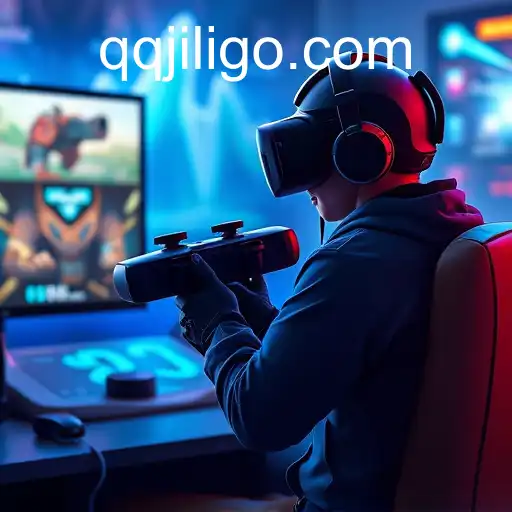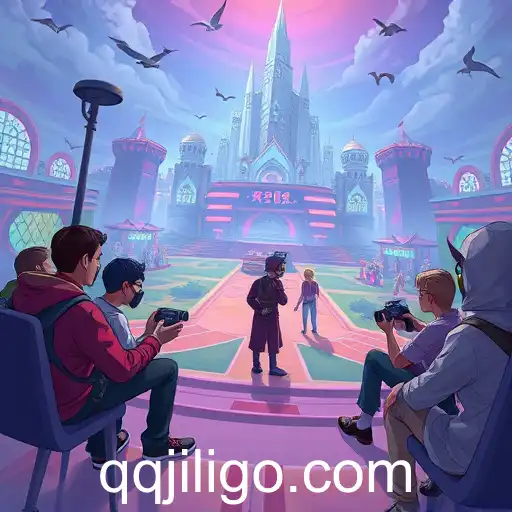Educational Games


Exploring the Impact of Educational Games: A Dive into 'qqjili' and Beyond

In recent years, educational games have become an integral part of learning ecosystems, offering innovative methods for engaging students in a fun and interactive manner. As technology continues to evolve, educators and developers alike have sought to harness its potential to enhance educational outcomes. One such category that has garnered attention is 'qqjili' on the educational games platform, a keyword that has piqued the interest of educators and game developers alike for its role in shaping learning strategies.
Educational games, at their core, are designed to make learning fun. They transform traditional educational content into interactive experiences, allowing learners to engage with material in a way that promotes active participation. The 'qqjili' category is particularly noteworthy for how it bridges the gap between entertainment and education, creating a dynamic environment where students can explore, experiment, and excel at their own pace.
The impact of educational games is multi-faceted. On the one hand, they provide a motivating context for learners, incorporating elements such as progress tracking, instant feedback, and adaptive challenges tailored to individual learning curves. This not only helps maintain learners' interest but also fosters a growth mindset where students are encouraged to learn from their mistakes and improve continuously.
On the developmental side, game designers who focus on 'qqjili' strive to align game mechanics with educational goals. By collaborating with educators, they ensure that the content is both relevant and challenging, without overwhelming the learner. This partnership is crucial in creating games that go beyond mere entertainment and serve as effective learning tools.
Furthermore, the reach of educational games has expanded significantly. With the pervasive use of mobile devices and tablets, learning has transcended the traditional classroom setting. Games in the 'qqjili' category are accessible to learners at any time and place, providing an opportunity for continuous learning outside regular school hours.
Many educators report positive outcomes from using educational games, noting improvements in student engagement and knowledge retention. The interactive nature of these games encourages collaboration and problem-solving, as learners often work together to overcome challenges. This collaborative approach not only enhances social skills but also mirrors real-world problem-solving scenarios, preparing students for future challenges.
However, it is important to note that while educational games offer numerous benefits, they should complement, rather than replace, traditional educational methods. Games are most effective when integrated into a broader educational context, where teachers can provide guidance and context that games alone cannot offer.
In conclusion, as the digital landscape continues to evolve, the role of educational games like those under the 'qqjili' keyword will undoubtedly expand. Their ability to engage, educate, and inspire learners makes them a powerful component of modern education. As educators and developers continue to explore this exciting frontier, the potential for positive impact on future generations is immense.
QQJili: Revolutionizing Online Gaming Experiences
Explore how QQJili is transforming the online gaming landscape with innovative features and community engagement.
The Evolution of Gaming Platforms in the Digital Age
An exploration into the latest trends and developments within the gaming industry, as platforms like 'qqjili' shape the future of digital entertainment.
The Rise of QQJili in the Gaming World
QQJili has emerged as a significant player in the online gaming industry, reflecting broader trends and innovations.
 Skip to content
Skip to content




